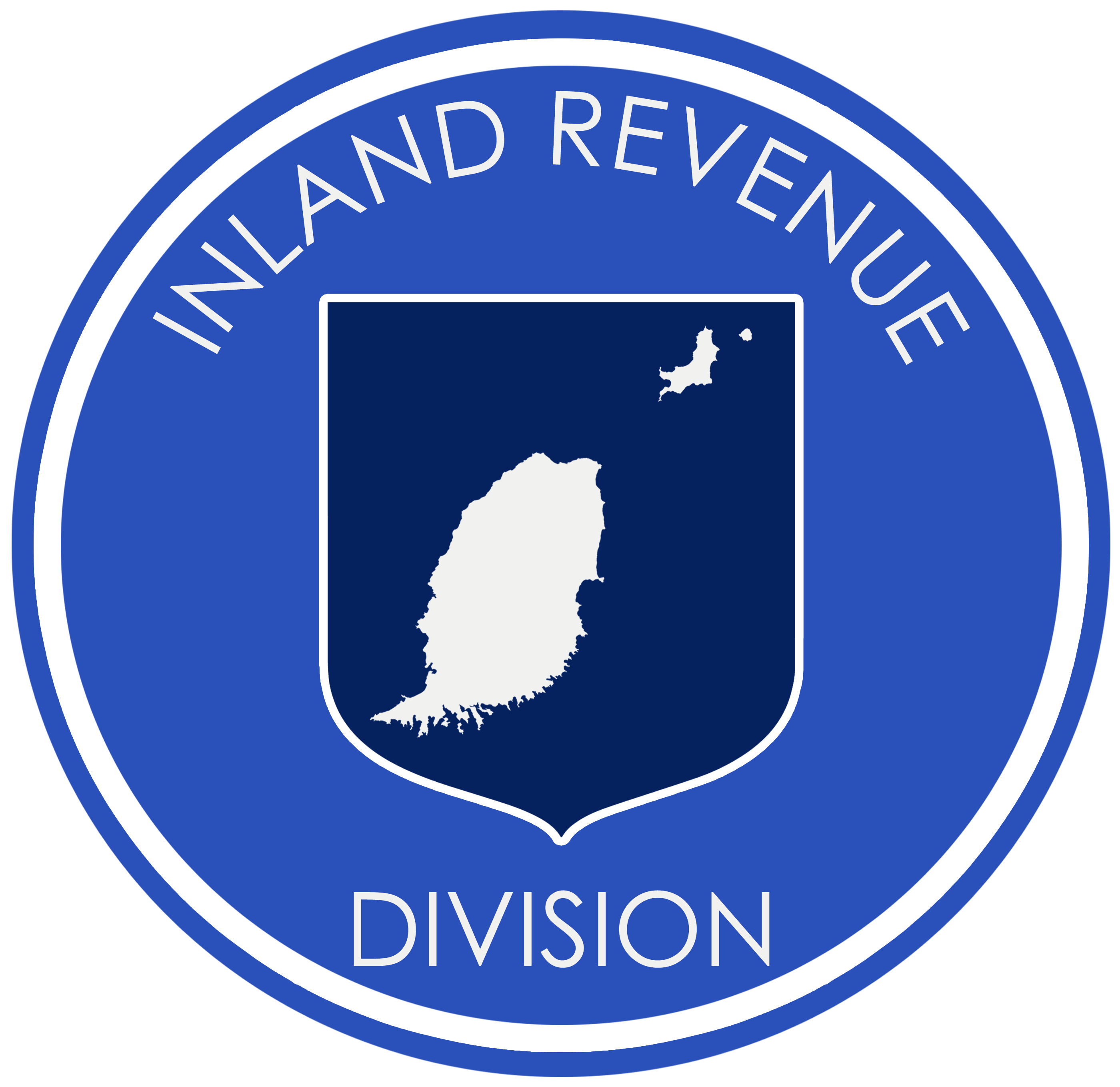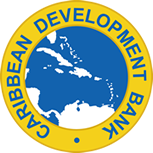ENERGY DIVISION
BRIEF HISTORY
The Energy Division was established in 1982 within the Planning Division of the Ministry of Finance with the assistance of the United Nations Development Programme (UNDP). This project was implemented under the guidance and leadership of Mr. Paul Cowlen, the Consultant/Head of the Energy Division for the first two years.
During that dispensation, the Government took a policy decision to recognise the critically important role and use of energy services in the country’s economic development. The Energy Division’s main function was to advise on key energy policy issues, as well as, to attend fundamentally to electricity generation and distribution, petroleum product pricing, petroleum imports and consumption data, and to the collection and collation of energy related data. Another important function of this Division was that of collaborating with sub-regional, regional and international organisations/agencies on Energy projects.
The Energy Division was adequately staffed with an Energy Planning Officer, Energy Policy Officer, Energy Conservation Officer, Research Assistant and a Secretarial Clerk.
MISSION STATEMENT
To promote the development of appropriate alternative/ indigenous sources of energy and to encourage prudent management, and efficient use of energy, irrespective of its source, in both the production and consumption, via the adoption and implementation of programs and policies that would support environmental protection and sustainable national development.
VISION STATEMENT
To be the most energy efficient landscape, and an environmentally friendly oil and gas producer.
OPERATIONAL GOAL
To ensure adequate, reliable and economical energy services to sustain economic development, while satisfying the current and projected demands
PRIORITY AREAS
The priority areas at the division are as follows:
- Rational Use of Energy and Energy Efficiency.
- Petroleum Exploration and Development.
- Energy Information Systems.
- Alternative Energy Applications/ Renewable energy.
- Public Awareness Activities on Energy Conservation and Efficiency.
ENERGY POLICY OBJECTIVES
The main objectives of the division are:
- Ensure adequate, reliable, and economical energy services to sustain economic development, while satisfying the current and projected demands;
- Encourage and promote the use of renewable energy technologies and energy efficiency alternatives;
- Promote Energy Efficiency and Energy Conservation at all levels of the economy, in order to achieve optimum economic use of renewable and non-renewable sources of energy;
- Encourage the establishment of Energy Service Companies (ESCOs);
- Enhance the security of energy supply and energy services for all sectors of the economy;
- Promote, encourage and facilitate petroleum exploration and development in an environmentally friendly (Sustainable) manner.
SERVICES PROVIDED
Apart from fulfilling our main objectives, the Division provides other services to the general public, these are:
- All the calculations for the prices of the petroleum products used in Grenada are computed monthly by the Division.
- Data collecting, collating, monitoring and reporting on the energy sector nationally.
- Liaison with regional and international organisations to satisfy stakeholders’ queries.
- Attention is given to all requests for street light installations within the State of Grenada.
- The doors of the Division are open to students and interested persons who seek information, data and advice about energy related matters.
- The education and sensitisation of the public on energy conservation, energy efficiency and other related issues.
Within the Energy Division is the National Ozone Unit (NOU) which is the National Focal Point for the Montreal Protocol on Substances that Deplete the Ozone Layer. The NOU is responsible for coordinating the activities of the Montreal Protocol in order to fulfil Grenada’s related obligations.
STAKEHOLDERS
The Division, has both corporate and private stakeholders, the corporate stakeholders are; Grenlec, Chevron,SOL EC Ltd, Petrocaribe Grenada Ltd, Grensol, Seek Solutions, Caribbean Sun Energy Limited and Caribbean Bunkers Grenada Limited. The private stakeholders include Messer Valentine Duncan, Benedict Baptiste, Terrence Clarkson and James Post.



